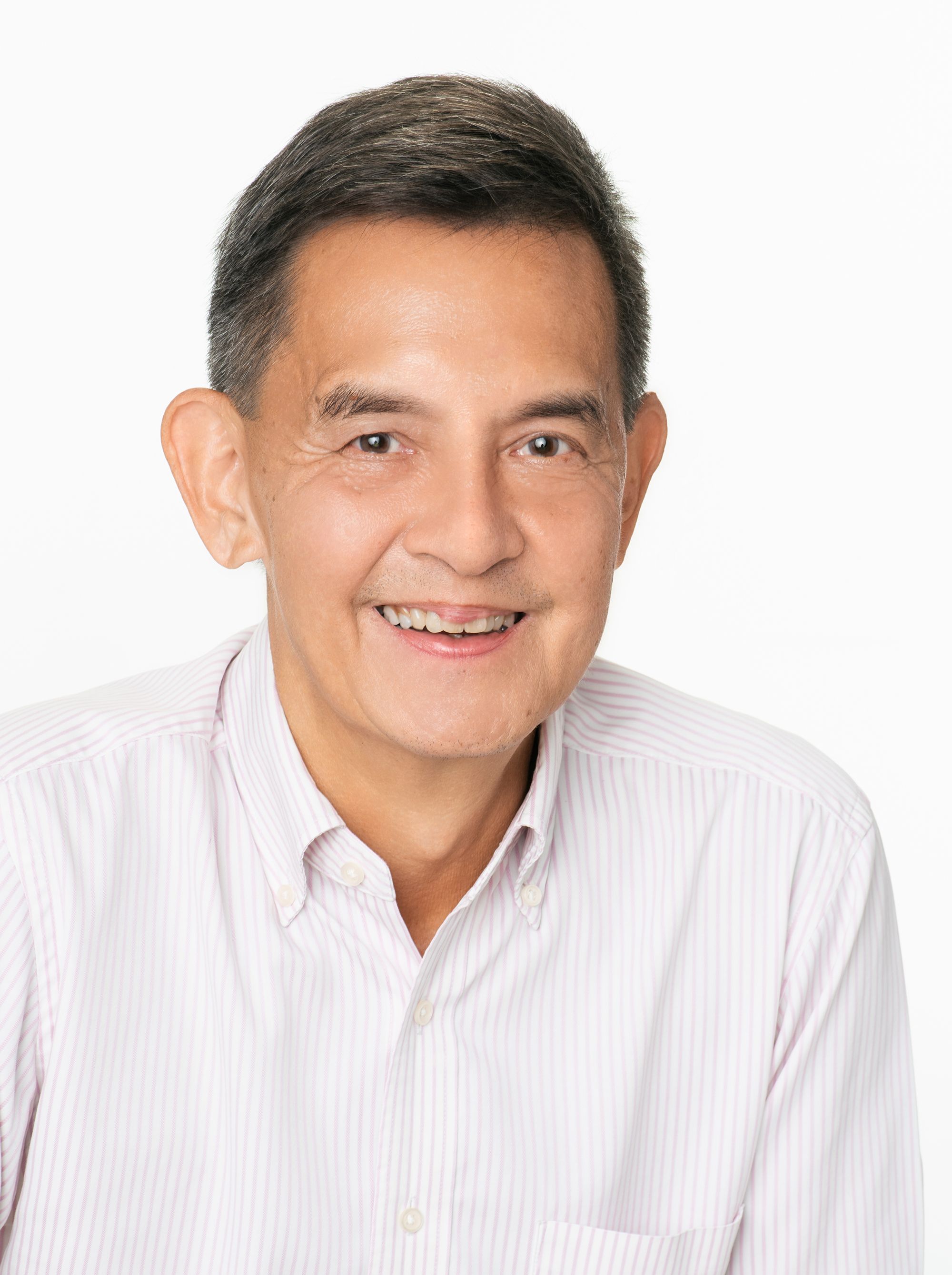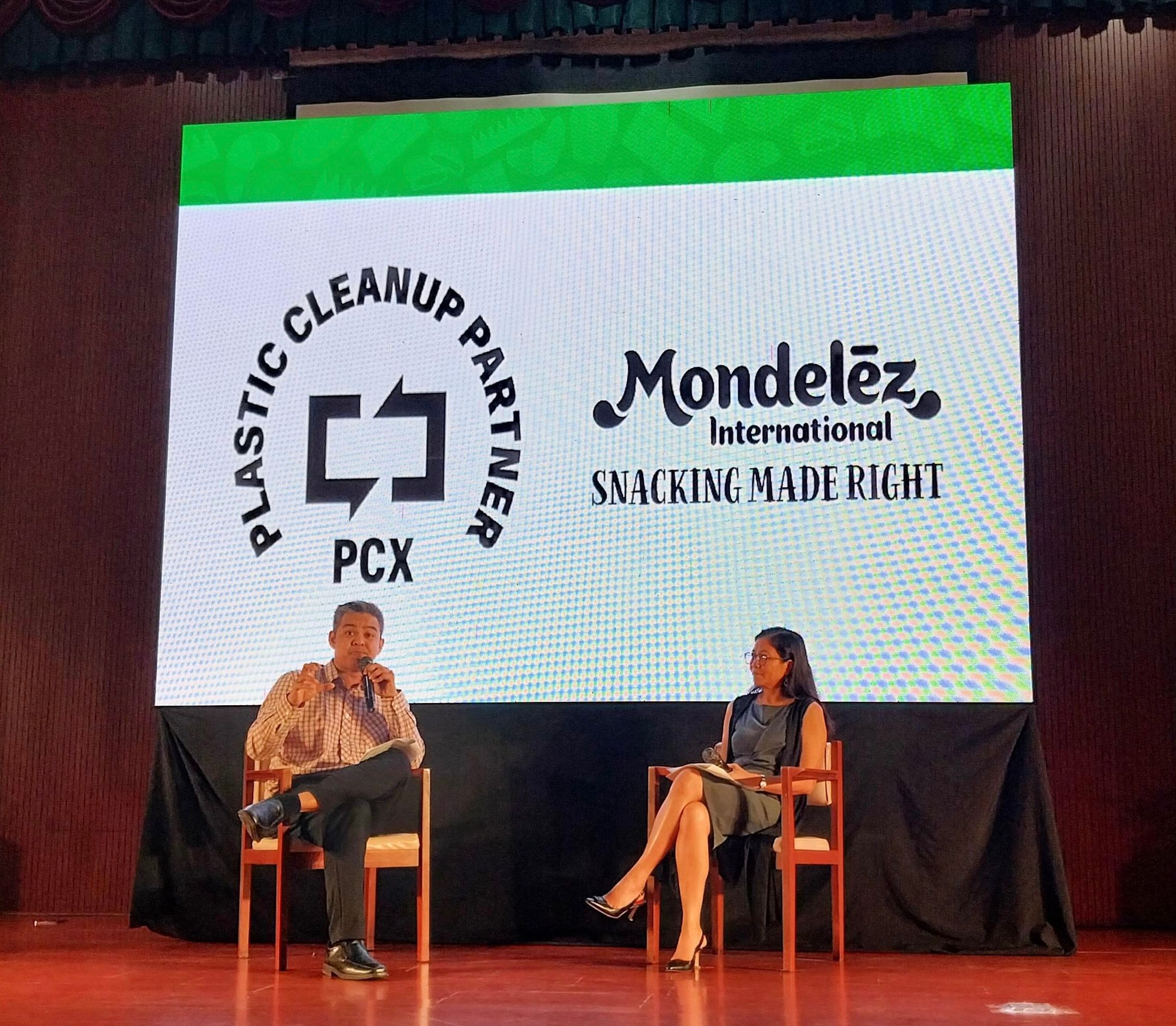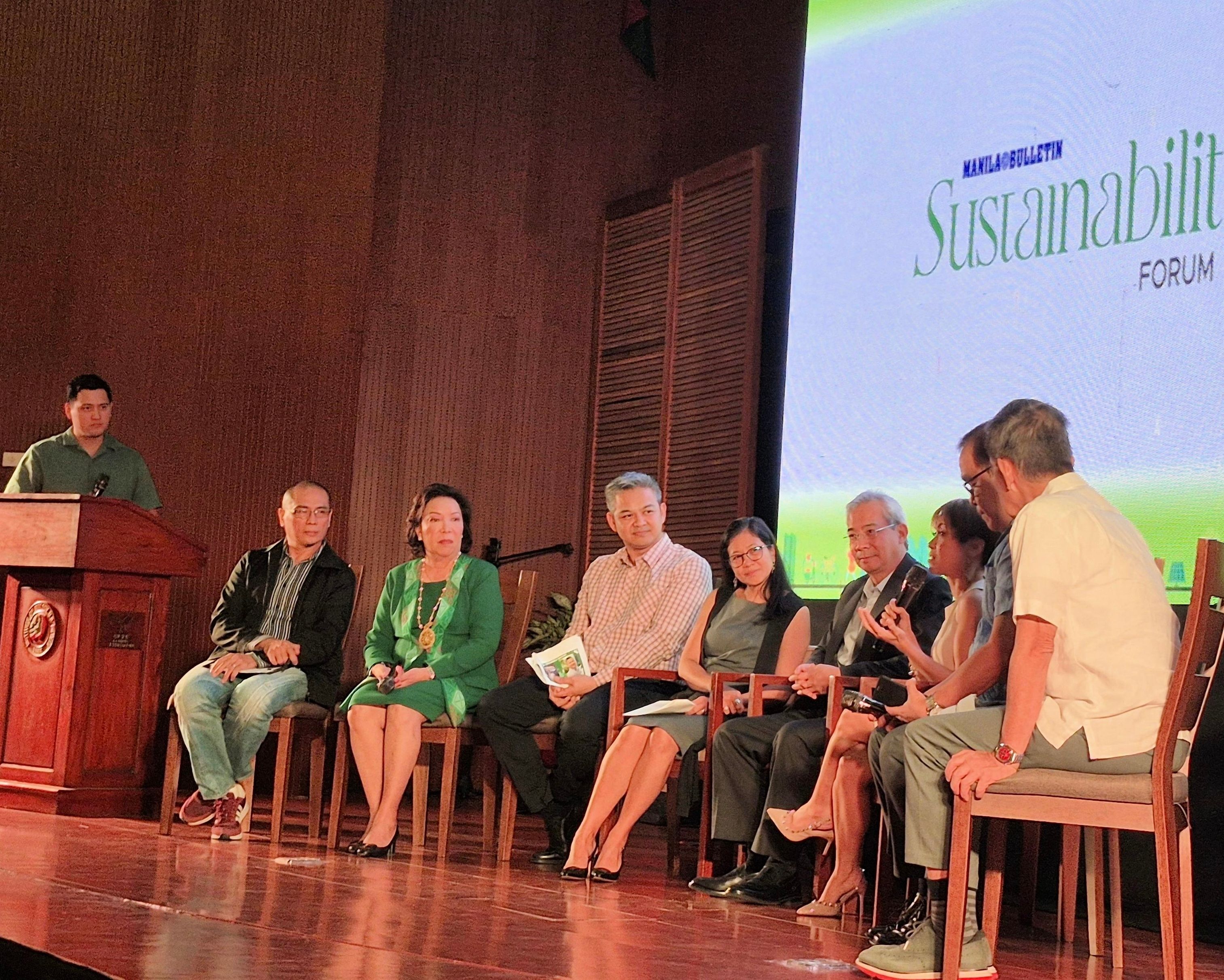HEARD IT THROUGH THE GRIPE-VINE

Our 3rd MB Sustainability Forum may have happened last Nov. 19 and 20, so call me pig-headed for refusing to hammer in the last nail; but I just need to mention one sequence that occurred during the panel discussion of one of the morning sessions of the Forum. I threw in the observation that while we speak of reducing carbon emissions and aiming for Net Zero by 2030 or whatever year we wish to hoist as our target; the truth is that as a nation, our contribution to global carbon emissions is practically negligible. We’re far from ranking with the heavily industrialized countries that majorly contribute to the carbon emissions that are blamed for the global warming and climate change we suffer from.
But as a country, we ‘clearly stand heads and shoulders’ above the rest of the world, in accumulating plastic waste. Our landfills are gutted with plastic waste, they infiltrate our sewers and clog up our drainage systems, they adversely affect our biodiversity, and line our waterways and seashores. They contribute to flooding, to fishes and birds dying, to a global ‘first’ we should be ashamed of.

Despite what so many companies have said about joining the bandwagon of sustainability and environmental protection; the sad truth is that sachet culture is still very much a part of our consumer model. The economics of eliminating these sachets don’t make sense to these companies and multi-nationals. We’re a country where the income of the vast majority necessitate their buying consumer products in small, economically-priced sizes — our tingi culture, where we prioritize short term needs and consumption, over long term savings and benefits. And more often than not, these come in single-use plastic packaging.
It’s daily use equaling to daily waste, a potent combination, and a recipe for ecological disaster. And I mention all this as a prelude to how there is hope, as there are companies aware of this dire situation and they are seeking to redress it, taking positive steps to go beyond garbage segregation, or living in denial of the plastic that already exists.
Mondelez, a company globally popular for its snack food, made the MB Sustainability Forum the opportunity to talk about a new partnership they’ve entered into, and the kind of accreditation they espouse. Here in the Philippines, Mondelez is behind such brands as Toblerone, Tiger biscuits, Oreos, Cadbury, Cheez Whiz, Eden, and Tang. A manufacturing facility in Parañaque exists, and the company employs around 450 people. They’ve been in the country since 1963.

The Plastic Cleanup Partner Seal, as granted by PCX Markets, highlights the adherence of the partner company to the Extended Producer Responsibility (EPR) Law, and recognizes its ongoing efforts to drive sustainable practices within the partner’s respective industry. PCX Markets is a plastic credits marketplace which collaborates with entities that collect and divert post-consumer plastic waste through a transparent, environmentally sound, and socially responsible network. It awards companies that demonstrate significant and measurable actions in cleaning up plastic waste. And let’s highlight ‘measurable’!
For Mondelez, the Plastic Cleanup Partner Seal they earned and proudly spoke about, is part of a larger sustainability strategy; focussed on reducing packaging, evolving packaging designs, and improving recycling systems to contribute to the circular economy of plastics. As Aleli Arcilla, managing director of Mondelez International Philippines was happy to share, “Achieving the Plastic Cleanup Partner seal is an important milestone for us. It’s a powerful message to our stakeholders, consumers, and partners that we are actively working to help ensure plastic waste is diverted from nature and the landfill. It is a symbol of our dedication to our Sustainable Snacking strategy, ensuring that the right snack is delivered in the right way.”
Beyond certification, or the 40 percent collection and diversion requirement of the EPR Law, Mondelez has embarked on programs such as Trash Right and Aling Tindera. Trash Right is an education initiative that has already engaged with 27 public elementary schools in Parañaque, together with Save Philippine Seas. It centers on waste management and plastic collection, and has resulted in the successful collection of almost 10 metric tons of plastic, for diversion to upcycling.
The Aling Tindera sites provide local collection points in support of community recycling. It transforms women micro-entrepreneurs and their sari-sari stores into sustainability champions; as they collect, clean, and store the plastic, which is then responsibly processed, with compensation provided per qualified delivery.
All this is aligned with the global plans of Mondelez International to ensure that 98 percent or more of its packaging is designed for recyclability, and to drastically reduce the amount of virgin plastic that its uses. The big idea is that plastic will be seen as a valuable resource, and does not end up as waste — a notion we should all subscribe to and help make happen.